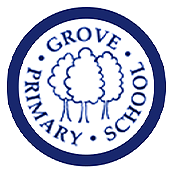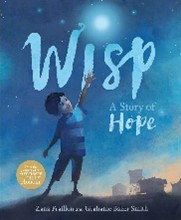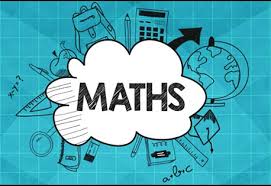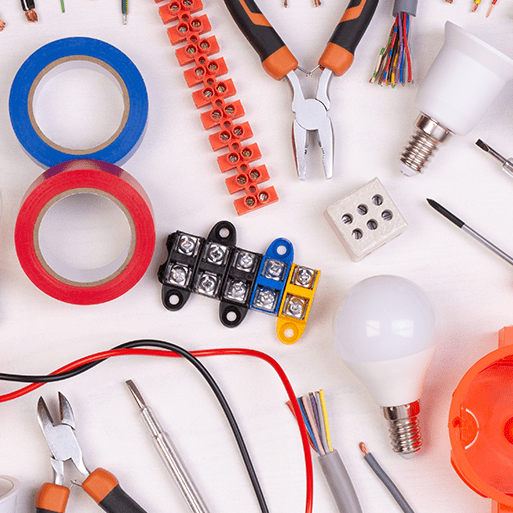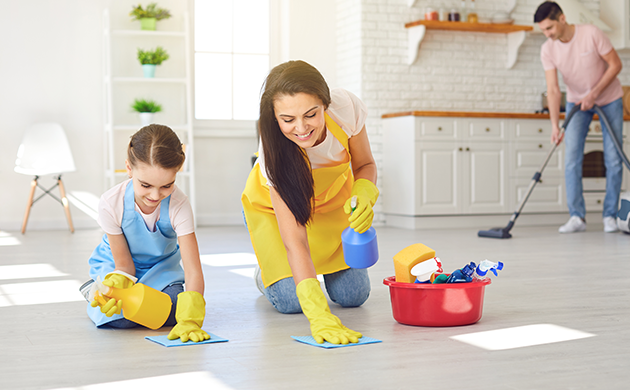Year 4 - Summer Term
|
History: Ancient Civilisations
|
In the Ancient Civilisations project, your child will learn about three of the earliest civilisations in the world; ancient Sumer, ancient Egypt and the Indus Valley civilisation. They will study the ancient Sumerian and ancient Egyptian civilisation in detail, to discover how crucial factors like water sources and farming helped them to develop and thrive. They will find out about important inventions and the growth of cities. They will also study the lives of different people in society, including the roles of kings and pharaohs. The children will reflect on their learning by identifying the similarities and differences between the two civilisations, before studying the Indus Valley civilisation independently. They will explore sources of evidence about the location of the Indus Valley, cities and trade, and note the reasons why historians know less about the Indus Valley than other ancient civilisations. The children will then compare all three civilisations, before learning about the causes and consequences of each civilisation’s decline. They will also consider whether or not these civilisations left a lasting legacy. |
|
English: Reading
|
|
|
English: Writing |
Skills: Please refer to the Year 4 National Curriculum
Text Types:
|
|
Maths
|
|
|
Science:
Electrical Circuits & Conductors
|
In the Electrical Circuits and Conductors project, your child will learn about the importance of electricity to our daily lives and the two sources, mains electricity and cells or batteries. They will discuss the dangers of mains electricity and safety measures. They will learn about a range of electrical components, such as cells, batteries, wires, lamps, buzzers and motors, and use them to construct series circuits, exploring the effect of adding and removing different components. Your child will learn to recognise the difference between a complete and incomplete circuit and examine ways of fixing incomplete circuits. They will also learn about conductivity and investigate various materials to discover which are conductive or non-conductive. Your child will learn about electrical conductors and insulators and use this knowledge to make switches and examine plugs, identifying their parts, materials and safety features. They will ask and answer research questions about incandescent light bulbs and write a scientific report. They will learn about programmable technologies and then create programs to control a set of traffic lights. Your child will use the knowledge gained throughout the project to design, make and evaluate a nightlight. They will complete their learning by discussing the future of electricity and the natural resources harnessed to create sustainable energy. |
|
Art: Islamic Art |
This project teaches children about the features of Islamic art. They make geometric patterns and motifs on paper, with fabric and in clay. They use their learning to create a high relief clay tile, decorated with geometric patterns. |
|
Design & Technology: Tomb Builders |
This project teaches children about simple machines, including wheels, axles, inclined planes, pulleys and levers, exploring how they helped ancient builders to lift and move heavy loads. |
|
Music - Charanga
|
Summer 1 Project: Blackbird Summer 2 Project: Reflect. Rewind & Replay In this project pupils will review the learning from across the year. |
|
Computing
|
Unit 4: Computational Thinking In this unit pupils will be developing the four areas of computational thinking through a range of plugged and unplugged activities.
Unit 5: Online Safety In this unit pupils will be learning how to navigate the internet in an informed, safe and respectful way. |
|
PSHEE
|
|
|
PE
|
|
|
RE
|
Unit 2.6 How and why do religious believers show their commitments during the journey of life?
Unit 2.7 What matters most to humanists and Christians? |
|
French
|
In this unit pupils will be learning to:
|

